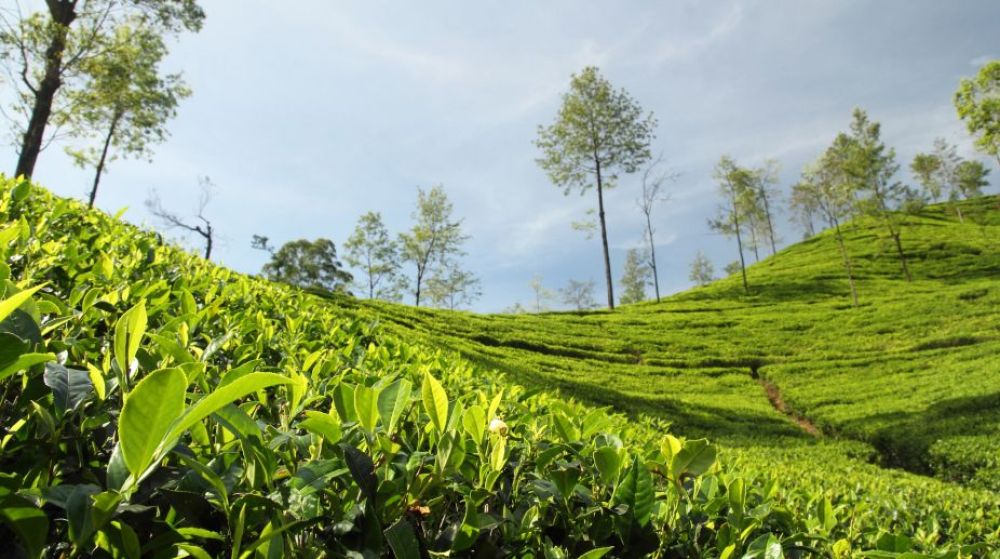

Assam, a state renowned for its biodiversity, culture, and historical importance in the northeastern part of India, is also world-famous for its tea. The history of tea tourism in Assam dates back to the British colonial era when the British discovered tea in Assam and started cultivating it commercially in the 19th century. The tea gardens in the vicinity of Kaziranga, known for the distinguished Kaziranga National Park, have been a significant part of Assam's tourism offering alongside its wildlife conservation efforts.
The British East India Company initiated the commercial tea cultivation in Assam after the indigenous tea plant, Camellia sinensis var. assamica, was discovered in the region. The establishment of tea gardens cultivated the beginning of tea tourism, attracting enthusiasts from all over the world. Over time, these picturesque plantations have become an intrinsic part of the cultural and historical landscape of Assam.
Today, tea tourism combines the serene beauty of the lush green tea gardens with the opportunity to learn about the process of tea production—from plucking to processing. Visitors often stay in colonial-era bungalows, enjoying the legacy of a bygone era complemented with modern amenities. Tea tasting experiences, guided tours of tea factories, and tea estate walks are some of the key activities that define the current trend in tea tourism in the region.
When it comes to Kaziranga, the unique blend of wildlife and tea culture presents a multifaceted tourism experience. Kaziranga National Park, a UNESCO World Heritage Site, is home to the world's largest population of Indian Rhinoceros. Tourists visiting the national park often extend their trips to nearby tea gardens, creating a perfect amalgamation of nature and agritourism. This synergy has given rise to a holistic tourism culture in the region.
The recent trend in Assam's tea garden tourism emphasizes sustainable and responsible travel. There is a growing awareness amongst visitors about the importance of preserving the natural environment and the wellbeing of local communities. This consciousness is reflected in the adoption of eco-friendly practices within the tea estates and visitor behavior. Furthermore, experiential travel, where visitors engage in activities like picking tea leaves with the workers or participating in local cultural practices, has become increasingly popular.
The tea gardens near Kaziranga, Assam offer more than just a visual treat; they are a gateway to understanding the region's colonial history, agricultural heritage, and the efforts towards conservation. As tea tourism evolves, it continues to contribute significantly to the state's economy, while ensuring that the natural and cultural beauty of Assam remains unspoiled for generations to come.